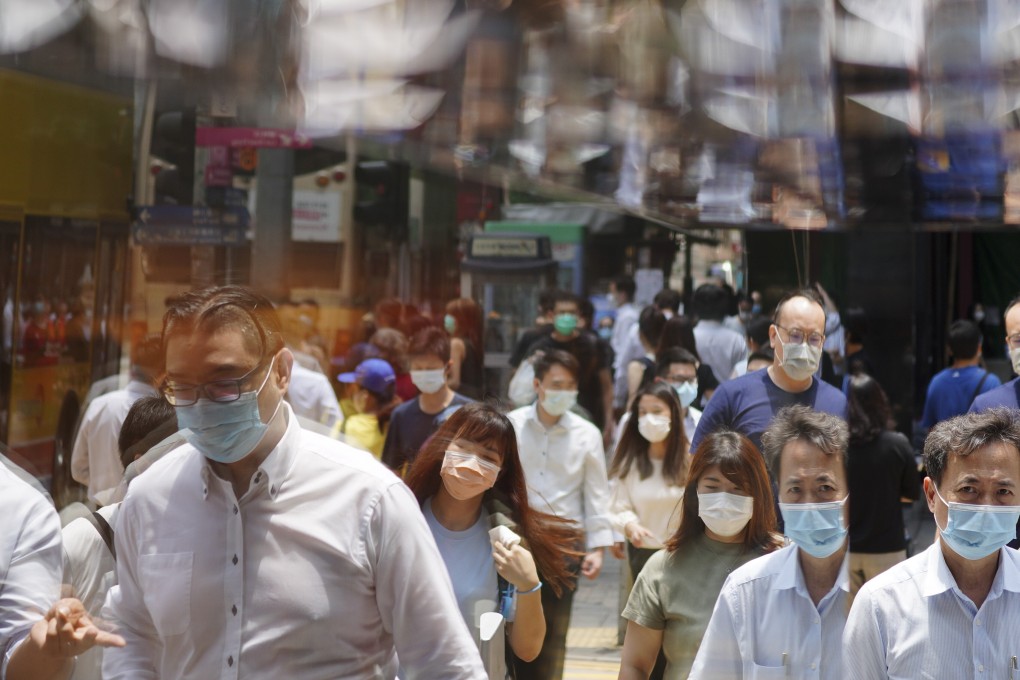Coronavirus gave China the opportunity to make controversial policy moves, experts say
- Health crisis has been a ‘catalyst for existing trends, accelerating … the deterioration of Hong Kong’s autonomy’, US academic says on Beijing’s plans for a national security law for the city
- Beijing took the decision despite risking ‘further alienating the general public in Hong Kong and the rest of the world’, former US deputy assistant secretary of state says

According to Susan Shirk, a former US deputy assistant secretary of state under Bill Clinton, Beijing took the decision to introduce the legislation despite risking “further alienating the general public in Hong Kong and the rest of the world”.
David Arase, resident professor of international politics at Johns Hopkins University School of Advanced International Studies in Washington, said that “in some ways, the virus has been a catalyst for existing trends, accelerating by one or two years the deterioration of Hong Kong’s autonomy … and allowing China’s security agencies to openly operate in the city”.
Chen Zhiwu, director of the Asia Global Institute at HKU, said that the coronavirus – which has sickened more than 6.7 million people and claimed nearly 400,000 lives – had amplified many tendencies in China that existed before the pandemic started.